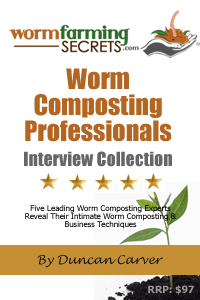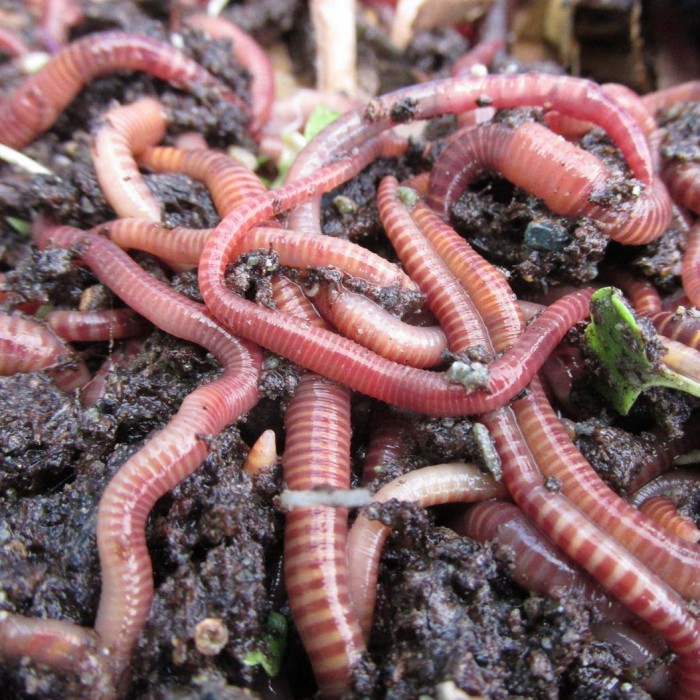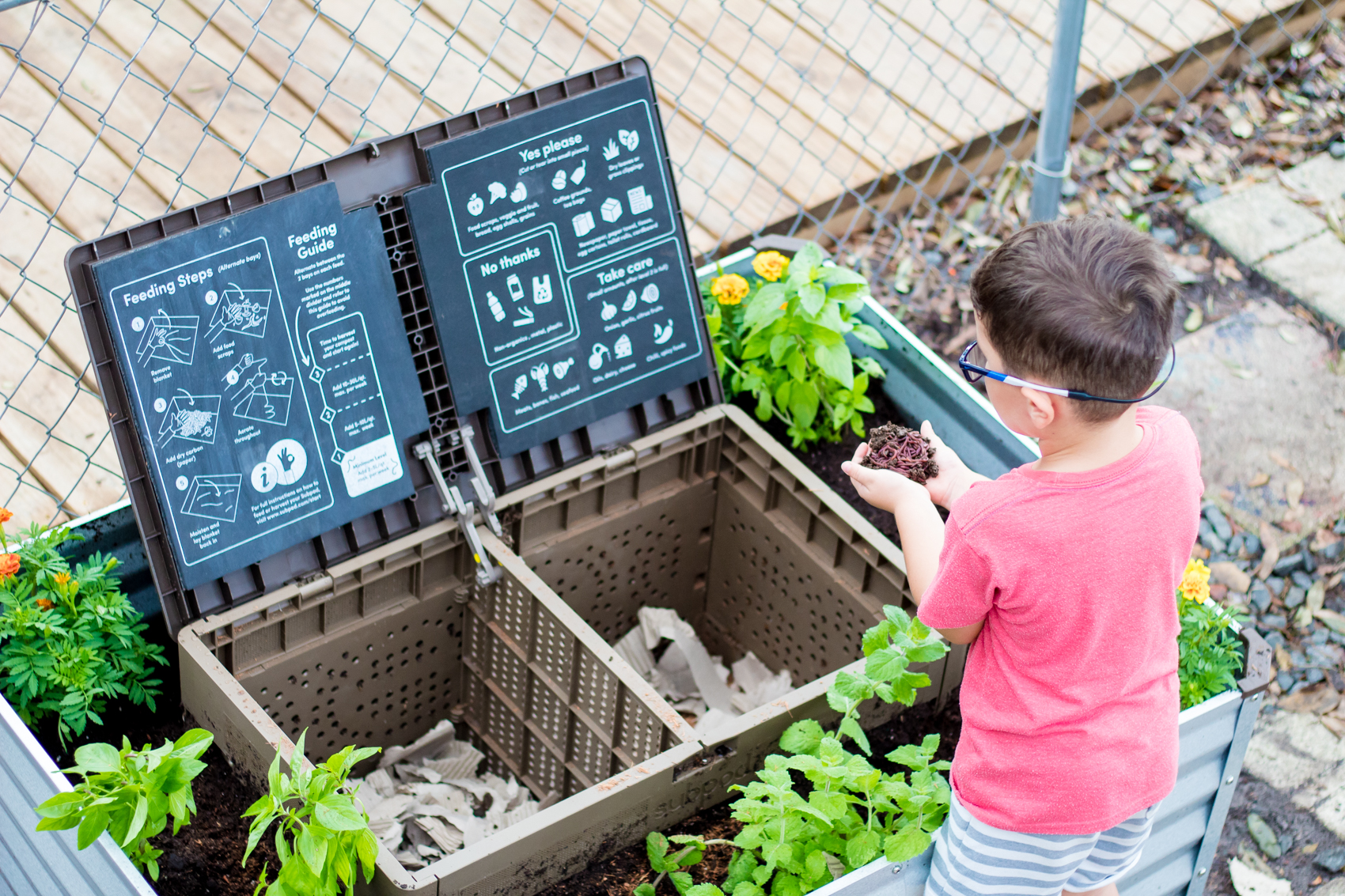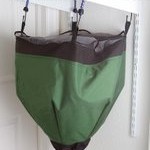Learn How To Make Your Garden Thrive With Worm Composting...
Join over 32,000 worm composters from around the world powering their gardens organically with the help of our free weekly newsletter...
Just enter your contact details below & click to subscribe now...
"Plants Grown In Worm Castings Grew 3 Times Faster Than Identical Plants Grown In Potting Mix" - (Study conducted by the "University of Georgia’s" Engineering Outreach Program)
Available FOr Immediate DOwnload...
Download Our Worm Composting Books...
More Than 10,000 Downloads...
Discover how to grow big fat composting worms and produce more organic worm compost faster than ever before with our original step by step guide to worm composting...
Worm Composting Interviews...
If you really want to supercharge your worm composting operation, now you can see how the professionals do it. Learn their methods & copy their successes...
BUY COMPOSTING WORMS & EQUIPEMENT
Buy Composting Worms & Gear...
Buy Composting Worms
High quality, healthy Red Worms & European Nightcrawlers delivered right to your door to kick start and grow your worm composting operation...
The Subpod Worm Farm
The Subpod worm farm is a unique low maintenance inground worm composting system which you bury inside your actual garden, allowing for the free movement of worms (and nutrients) between the worm farm and your garden.
The Worm Inn Composting System
The Worm Inn - The most breathable continuous flow worm composting system in the world for both indoor (and sheltered outdoor) hobby use, at an affordable price…
Why Worm Composting?
Worm Composting Overview
Here's some basic worm composting information to get you started ;-0
Worm composting, also known as vermiculture, is a natural process that utilizes special worms, typically red wigglers (Eisenia fetida), to break down organic matter like kitchen scraps into nutrient-rich compost. These worms consume the organic waste, digest it, and then excrete nutrient-packed castings, creating a valuable organic fertilizer for plants. So why wouldn't you want to make your own unlimited organic fertilizer?
Red wigglers (Eisenia fetida) are the go-to worms for composting. They have voracious appetites, reproduce quickly, and thrive in the confined space of a compost bin. These characteristics make them highly efficient in breaking down organic material. There are a few other species can also be used (i.e. European Nightcrawlers) but red wigglers are the most popular by far.
While regular earthworms play crucial roles in soil health, they are not the best choice for composting. Composting worms, like red wigglers, are adapted to the specific conditions of a compost bin, actively consuming and breaking down organic waste. Regular earthworms generally live deep down inside the soil, where as composting worms tend to live towards the top, just underneath & throughout the leaf littler.
Worms can compost a wide range of organic materials, including fruit and vegetable scraps, coffee grounds, eggshells, shredded newspaper, and yard waste (in moderation). Avoid adding meat, dairy, oily foods, and pet waste to maintain a healthy composting environment.
There are many ways to setup your own successful worm farm. To set up a basic worm composting bin, you'll need a container with ventilation, bedding material (shredded newspaper or cardboard), and a population of red wigglers. Place the bedding in the bin, add the worms, and introduce kitchen scraps gradually. Maintain the right moisture level, and ensure proper aeration by turning the compost occasionally. You can also buy ready made worm farms and explore alternative options like outdoor windrows, worm beds and other techniques.
Worms thrive in temperatures between 55-77°F (13-25°C), with optimal moisture levels (similar to a wrung-out sponge) and good aeration. They can survive at lower and higher temperatures but it's best to avoid extremes like freezing. The good news is you can also keep a successful worm farm indoors (in a garage) without problem. In terms of feeding, avoid overfeeding and ensure a balanced mix of greens (nitrogen-rich) and browns (carbon-rich) materials in the bin.
Worm composting is relatively quick, with compost ready for use (when starting out from a brand new worm farm) in about 2-6 months. This depends on factors like the size of the bin, the number of worms, and the types of materials added. Regularly harvesting finished compost and providing optimal conditions can speed up the process. This might seem like quiet a long time but keep in mind, once established, and continually feed with food scraps, you'll then be producing a continuous flow of organic worm compost which you can use when and as needed ;-0.
Yes, worm castings, the nutrient-rich byproduct of worm composting, can be used directly on plants. They are gentle, odorless, and provide a well-balanced mix of nutrients that promote healthy plant growth. Apply the castings as a top dressing or mix them with soil. Alternatively (or in addition too), you can also use them to brew "worm tea" which will provide you with a virtually unlimited supply of organic liquid fertilizer which can be used to water plants and/or applied as a foliage spray to reduce pests & suppress common plant diseases.
Common issues include overfeeding, unpleasant odors, pests, or slow decomposition. To address these, avoid overfeeding, balance the bin with greens and browns, maintain proper moisture, and consider adjusting the bin's conditions or layout. If you run into problems, don't worry, we have detailed answers to more than 250 questions related to your worm farm, so we've got your solution ;-0.
This depends entirely on the type of worm farm operation you've setup. If it is a single level bin, then harvesting worm castings involves encouraging the worms to migrate to one side of the bin by placing fresh food on the opposite side. Once the worms have moved, scoop out the finished compost. Repeat the process periodically to gather fresh castings while leaving the worms undisturbed.
Ready To Learn More...
Feel free to explore around. We're the most comprehensive website on worm composting having been around for more than 20 years now ;-0.
You can download our worm composting book here. Its available for immediate download right now & also gives you access to a whole ton of other useful information and resources to make your worm farm a success.
Looking for a unique & interesting solution to starting your own worm farm? Check out our review of the SubPod worm farm here.
There are also more than 250 in-depth individual questions and answers on every conceivable topic of worm composting, so we've got you covered. You'll find them below...
More Than 10,000 Downloads...
Discover how to grow big fat composting worms and produce more organic worm compost faster than ever before with our original step by step guide to worm composting...
Got A QUESTION?
More Than 250 Individual Q&A's...
Do you have a question about worm composting? Well, good news, there are more than 250 individual questions and answers related to every conceivable topic on worm composting on our blog ;-0






